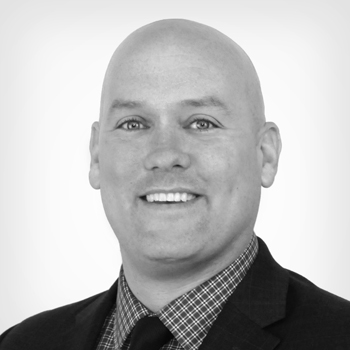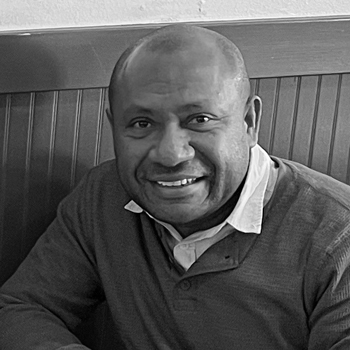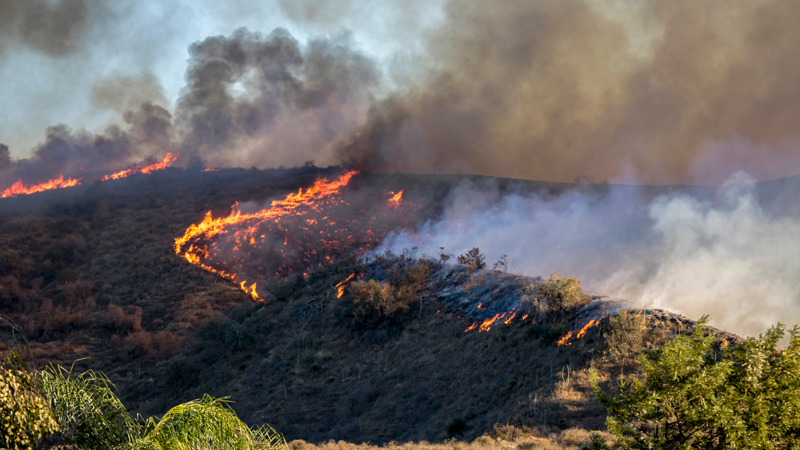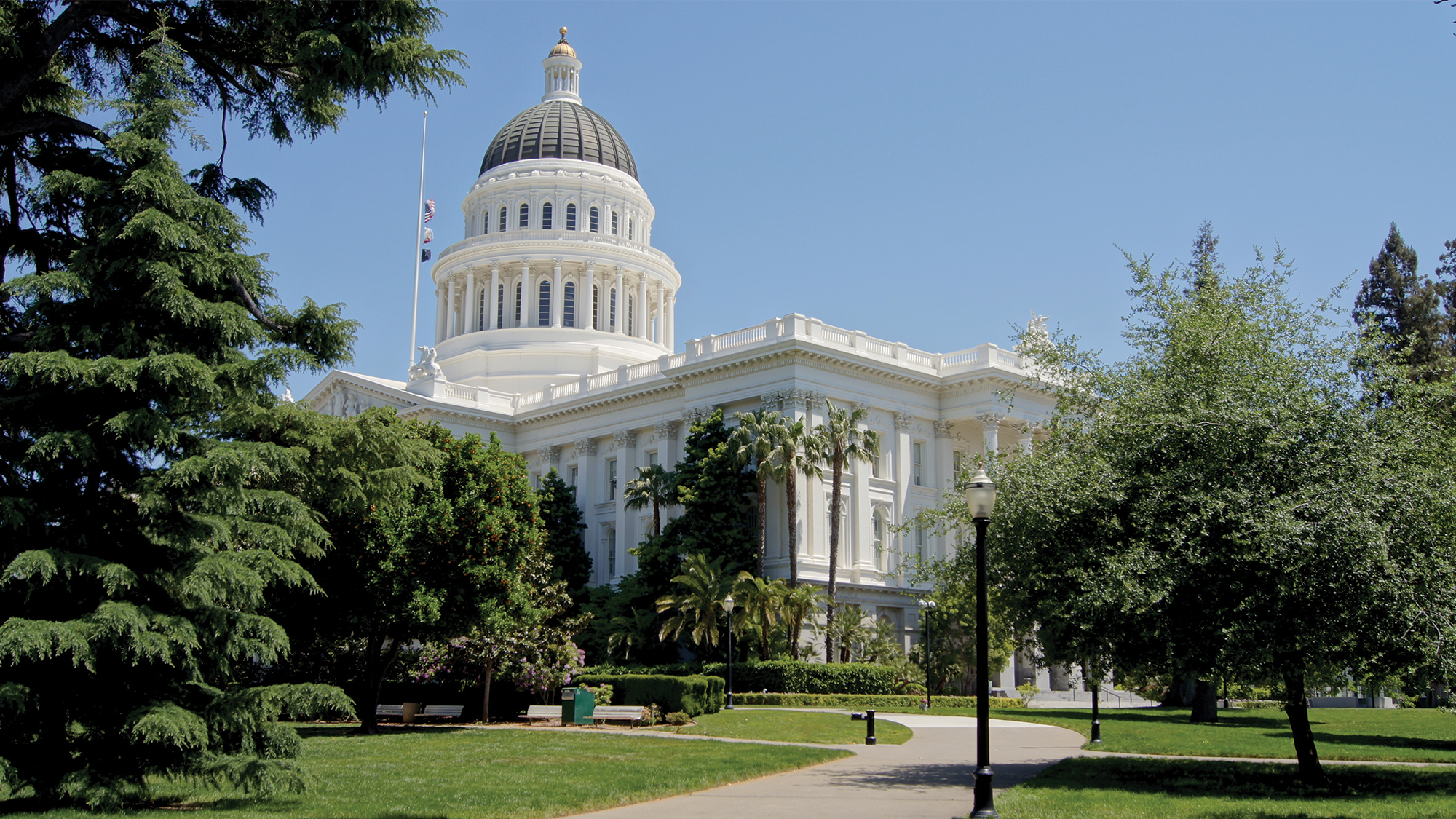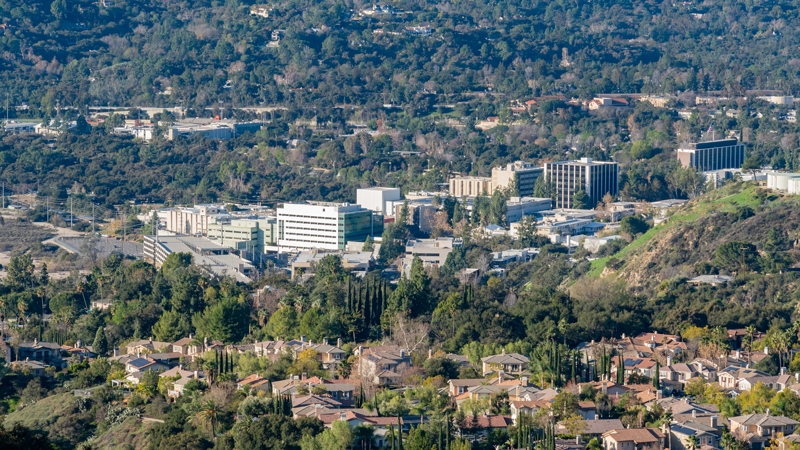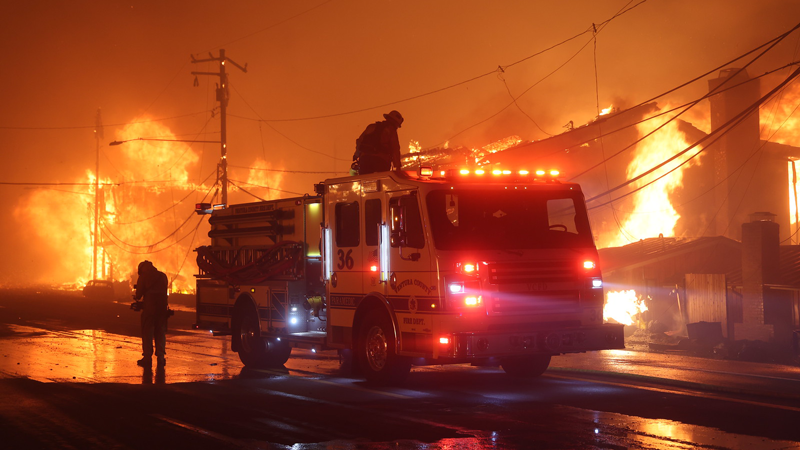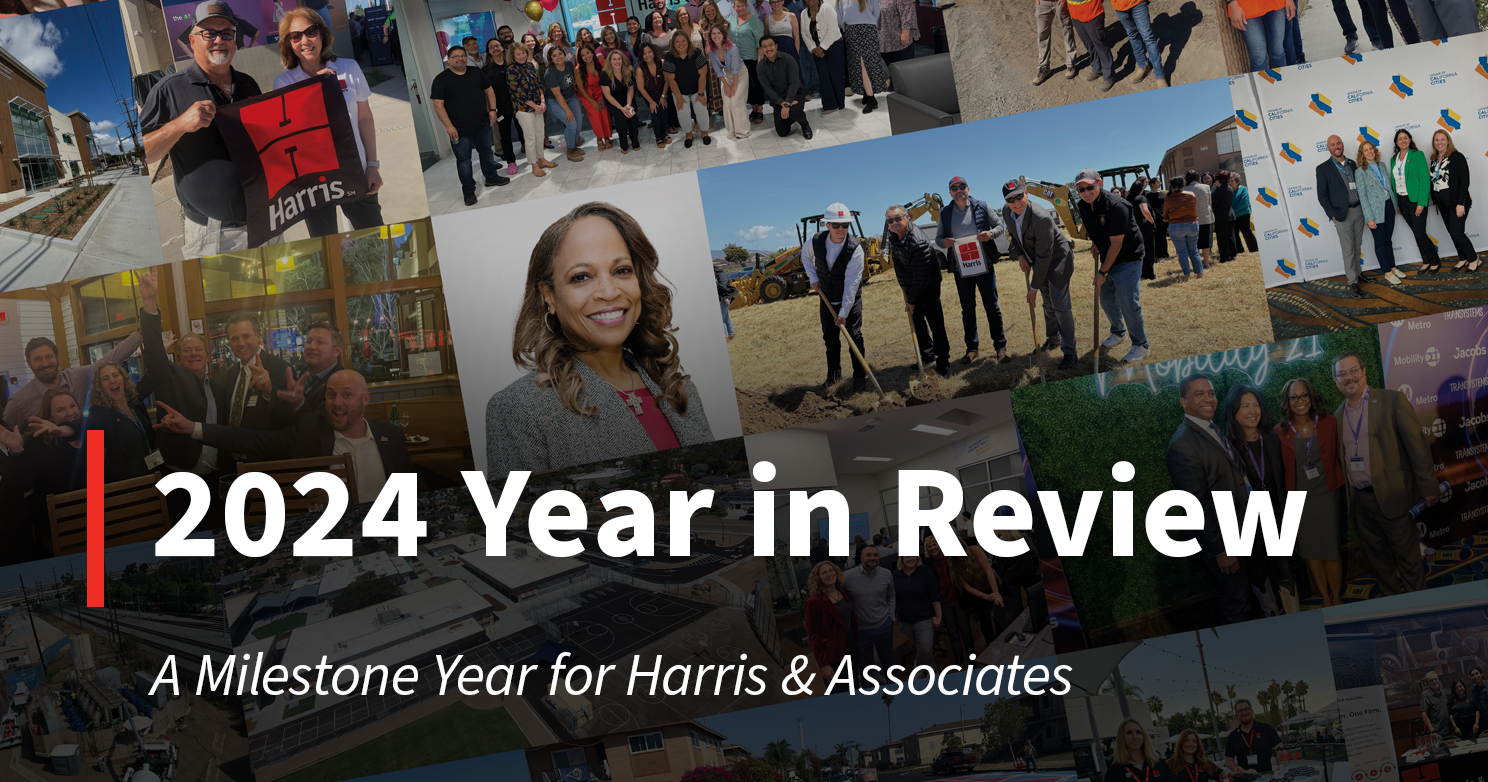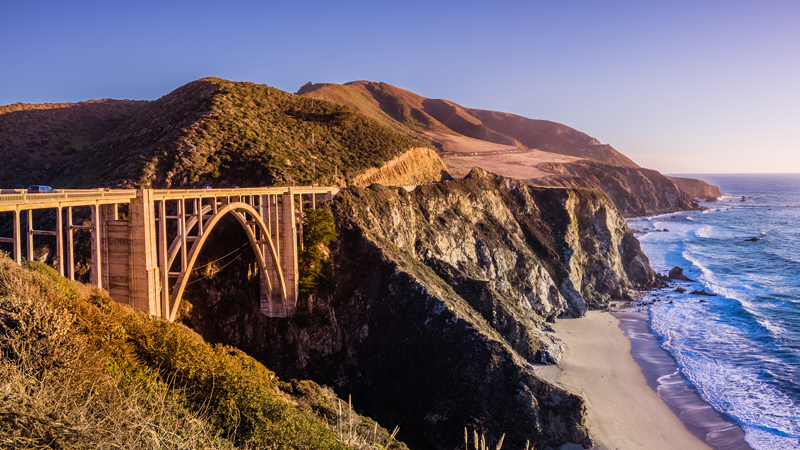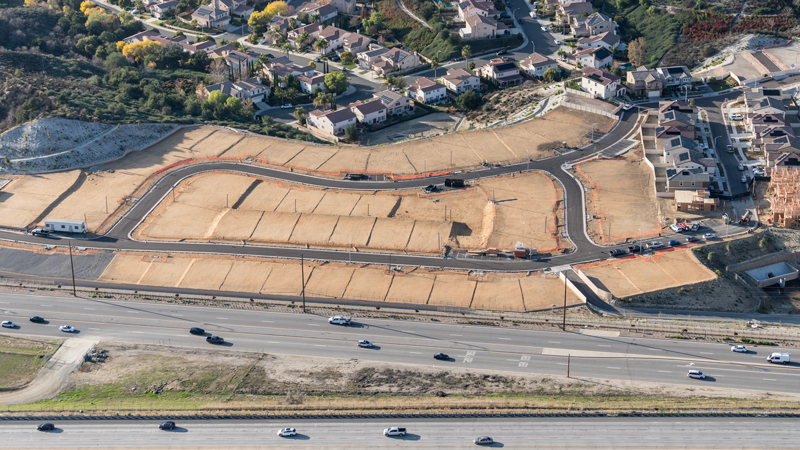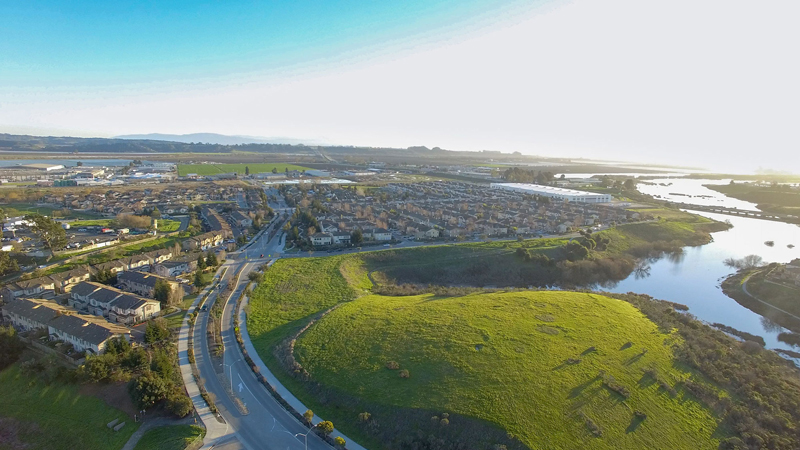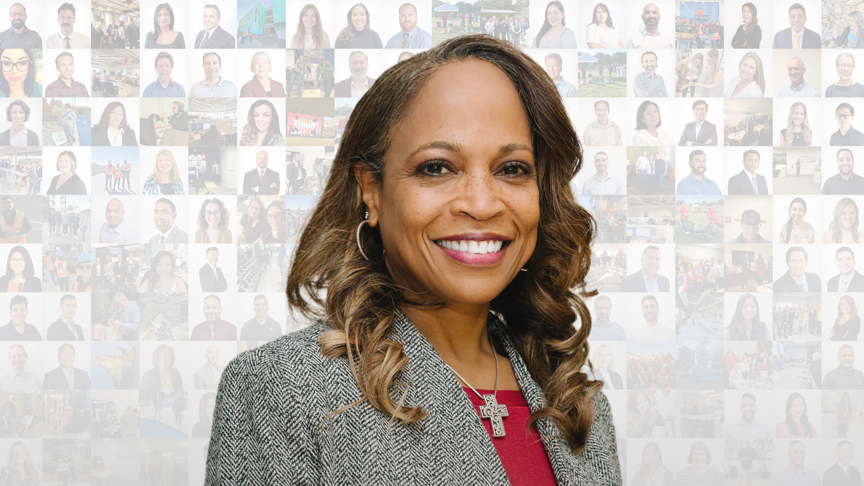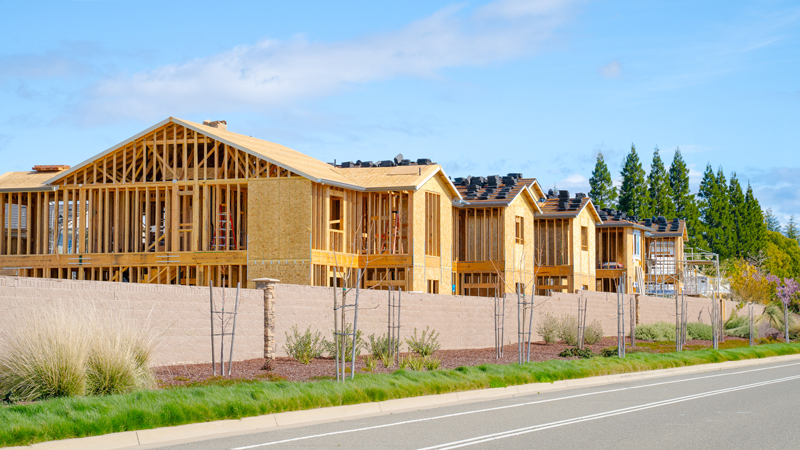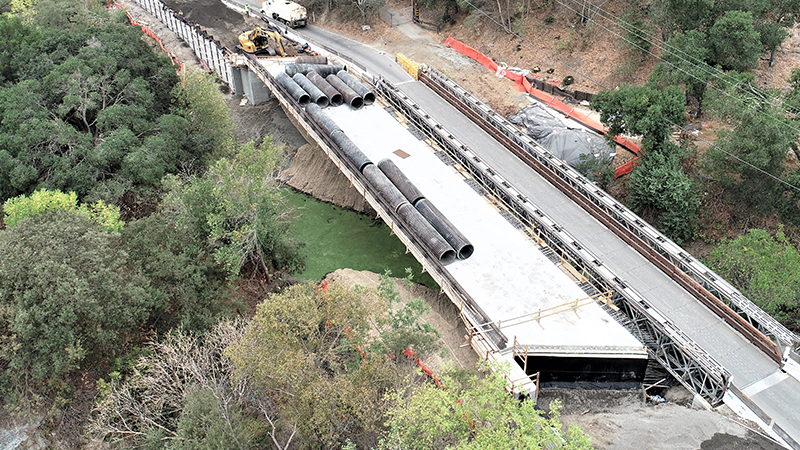5.0 minute read
October 31, 2022
Harris & Associates hosted Ronald Sofe, an economist from Papua New Guinea (PNG), for four weeks in September and October 2022. Ronald visited Harris as a participant in the 2022 Professional Fellows Program Oceania, which is administered by Cultural Vistas. Darin Neufeld, Director of Environmental Planning and Compliance at Harris, served as supervisor during Ronald’s time with our firm. Planning Manager, Ricky Caperton, at the City of Napa also donated time to host Ronald and tour him around the Bay Area for some fun on the weekends!
Sponsored by the U.S. Department of State Bureau of Educational and Cultural Affairs’ Professional Fellow Program, the two-way, global exchange program seeks to promote mutual understanding and enhance leadership and professional skills.
Ronald came to Harris to learn and research how to improve access to electricity in PNG. He has special interests in the role that economic regulation can play in competitive tariff setting and in utilities infrastructure investment and operation. Ronald currently serves as a research fellow at the PNG National Research Institute. He has published widely on issues involving electric and water utilities, as well as broader subjects involving the PNG economy.
Harris recently sat down with Ronald to ask him about his experience.
Give us a snapshot of your career path. Where did you start, and how did you get to this point?
I work as a research economist at the National Research Institute (NRI), a public policy think tank in Papua New Guinea. We study social, political, and economic issues.
I graduated with a master’s in economics from the Australian National University. Since then, I’ve been studying how public utilities and infrastructure function economically. I love learning about this. In PNG, state-owned enterprises provide most infrastructure and utility services. But they struggle to deliver vital services such as electricity and water.
I’ve added evidence-based insights to the national policy debate. I also produced several publications at NRI. My research has appeared in international peer-reviewed journals. In short, I share PNG’s perspective with scholars around the world.
What got you interested in the fellowship program?
I’m a curious person. As an economist, I enjoy learning about comparative development. Naturally, I was thrilled to learn about the U.S. Professional Fellows Program Oceania.
I wanted to discover more about utilities in the U.S., share my own experiences, and expand my professional network. By meeting my peers, I could learn about best practices and study innovative problem-solving.
Tell us about the research project you’ve been working on.
We need to turn the lights on for all my people. So, I’m always looking for opportunities to help improve access to electricity. As part of the fellowship, I’m discovering how to apply low-cost technology to solve this problem. I want to learn about the energy sector in California and take back important lessons that could help PNG’s electric utilities.
Like other nations, PNG needs electricity to support social and economic development. But many households in PNG still lack access to this critical service. My nation has arguably the lowest level of connectivity to the electricity grid in the world, accounting for about 14% of the population. PNG suffers regular power outages.
These energy challenges limit economic growth in both urban and rural areas. It’s expensive to provide electricity in PNG. It costs a lot to build and maintain the power grid. The population is highly dispersed. The terrain is difficult. There is limited capacity for existing and potential users particularly in rural areas, to pay for the service.
When you bring reliable, affordable power to the people, you improve how they live. You help businesses grow and support sustainable development. To accomplish that in PNG, we have to produce more power. We need green energy sources that apply low-cost technology.
Using the case of California’s energy sector, I want to understand how it produces power using diverse sources, including hydroelectric dams, the sun, and other renewables like geothermal and biomass. There are so many sources, and I’m confident PNG can learn from California’s efforts.
What is your favorite thing about California or the U.S. so far?
I wasn’t in Napa for very long, but I loved it! I also cherished trips with friends to nearby counties and cities. I most enjoyed the visit to the Golden Gate Bridge and the ferry to San Francisco.
Since I’m a coffee snob, I’ve been checking out cafes around Napa. I’ve found some great spots serving just the kinds of brews that I love.
What have you missed from home?
I would say my family and loved ones, for sure. At times, I miss the Port Moresby warm weather, when it gets chilly here!
What have you accomplished during your time with Harris?
My time here has taught me so much. I am grateful for this wonderful opportunity. My personal and professional perspectives have grown so much. I’ve learned more about how utilities deliver quality services to customers. I now understand how commercial principles and environmental frameworks shape how the utilities function.
I loved engaging with Harris’ experts in the Environment Planning + Compliance Division. I learned more about how environmental concerns impact economic regulations. This information can help determine which investment projects are feasible. You can also learn how to set competitive tariffs. In the end, you can make utilities operate more efficiently.
I loved making friends with the people of Harris & Associates. They made my time memorable. I want to maintain those professional ties.
What is the one main thing that you learned that you’ll be bringing back home?
Oh my, I am so knocked out by how fast energy production and consumption are changing in California. The state is racing ahead to carbon neutrality and clean energy targets. Back home in PNG, we are still catching up. But giants like California can teach us how we can meet our goals someday.
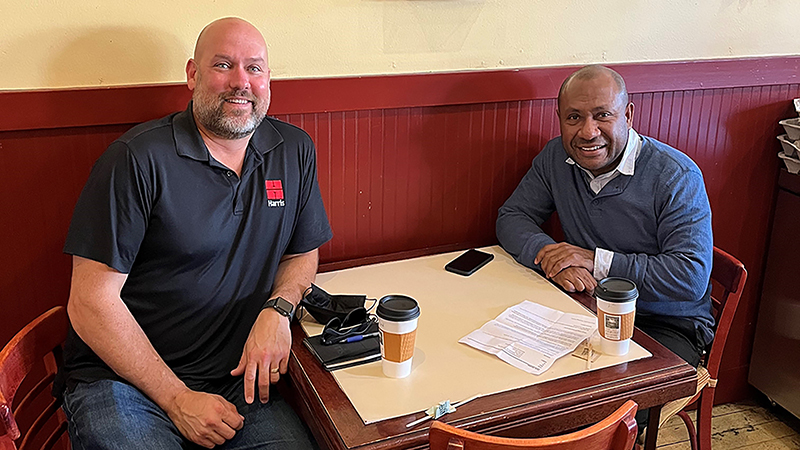
Authors
Darin Neufeld, AICP
Ronald Sofe
Markets
Services
Environmental Planning + Compliance
Categories
Environmental Services
